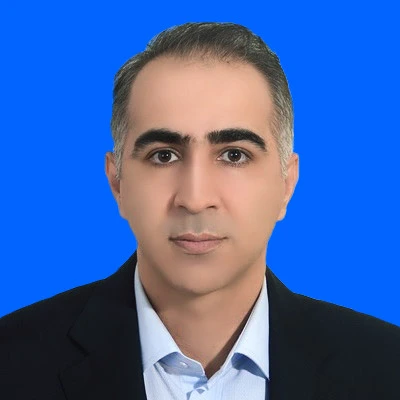
Mehdi Alilou, Ph.D.
Case Western Reserve University
Research Project:
Novel Nodule Vessel Features to Predict Response to Lung Cancer Therapies
Grant Awarded:
- Lung Cancer Discovery Award
Research Topics:
- biomarkers
- imaging radiology
- immunology immunotherapy
Research Disease:
- lung cancer
Immune-checkpoint inhibitors have shown promising clinical efficacy for the treatment of advanced non-small cell lung cancer (NSCLC). The costs of immunotherapy can be prohibitive and the response rates to these drugs remain modest (about 20%). There are also a lack of objective methods for the early evaluation of clinical benefit from immunotherapy. We have pioneered computer-extracted features relating to NSCLC nodules on CT scans—specifically a new imaging biomarker called Quantitative Vessel Tortuosity (QVT)—which is associated with the degree to which a NSCLC tumor is resistant to immunotherapy. We will further optimize these features from pre- and post-treatment CT scans, build response prediction models based on QVT changes, and validate QVT for monitoring immunotherapy response on routine CT scans. We anticipate that at least 40% of the lung cancer population (stage III and IV NSCLC patients) would benefit from our research.
Update: We are continuing to evaluate QVT on larger data sets and evaluating QVT’s potential to predict the impact of combination of chemotherapy and immunotherapy. We will build response prediction models based on QVT changes over the course of therapy. The novel vessel-based response criteria being developed in this work will pave the way for a machine-based assessment of nodule vasculature to identify NSCLC patients, who will receive maximum clinical benefit from immuno-oncology therapy.
Page last updated: June 7, 2024
A Breath of Fresh Air in Your Inbox
Join over 700,000 people who receive the latest news about lung health, including research, lung disease, air quality, quitting tobacco, inspiring stories and more!
Thank You!
You will now receive email updates from the American Lung Association.

